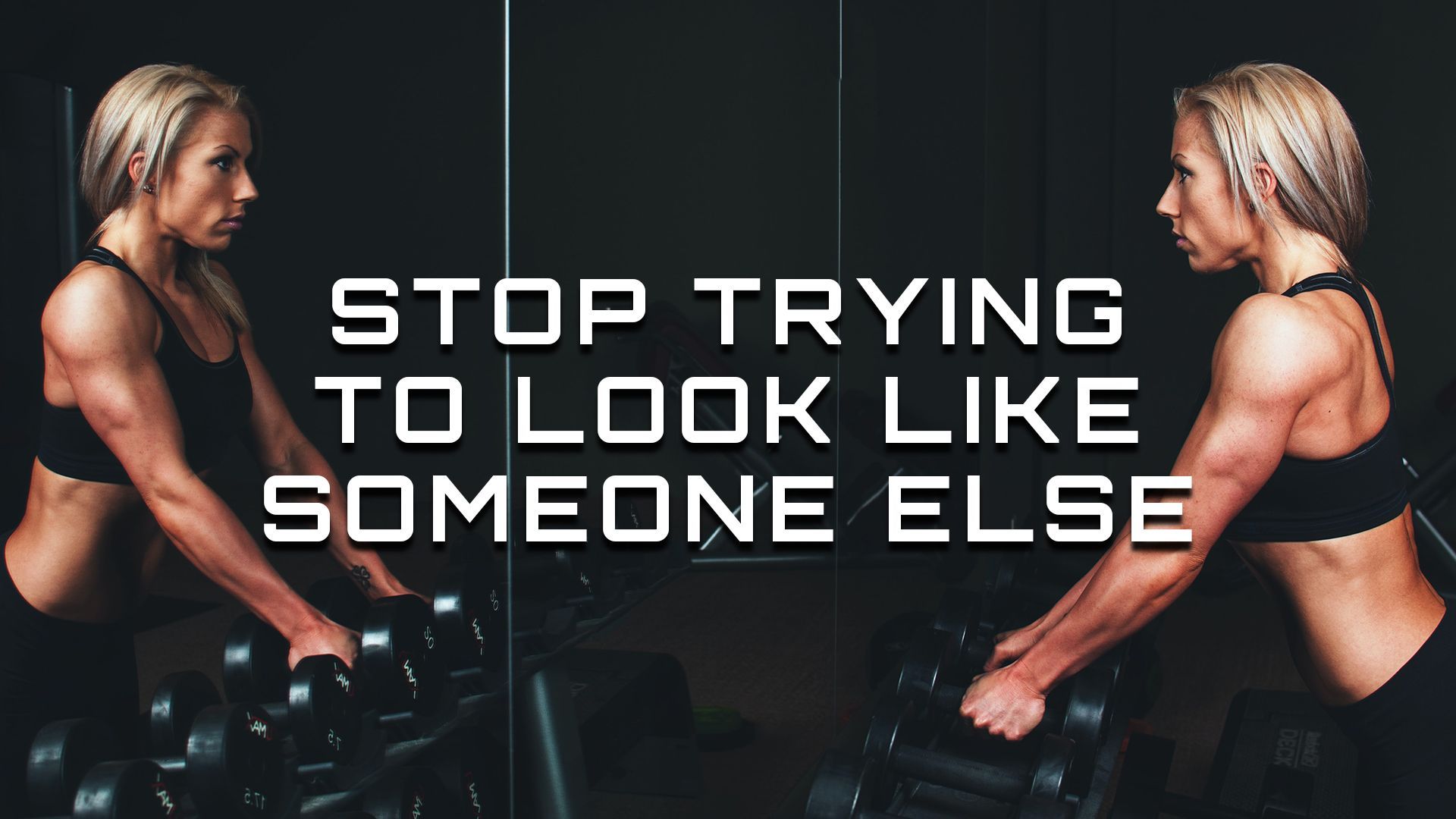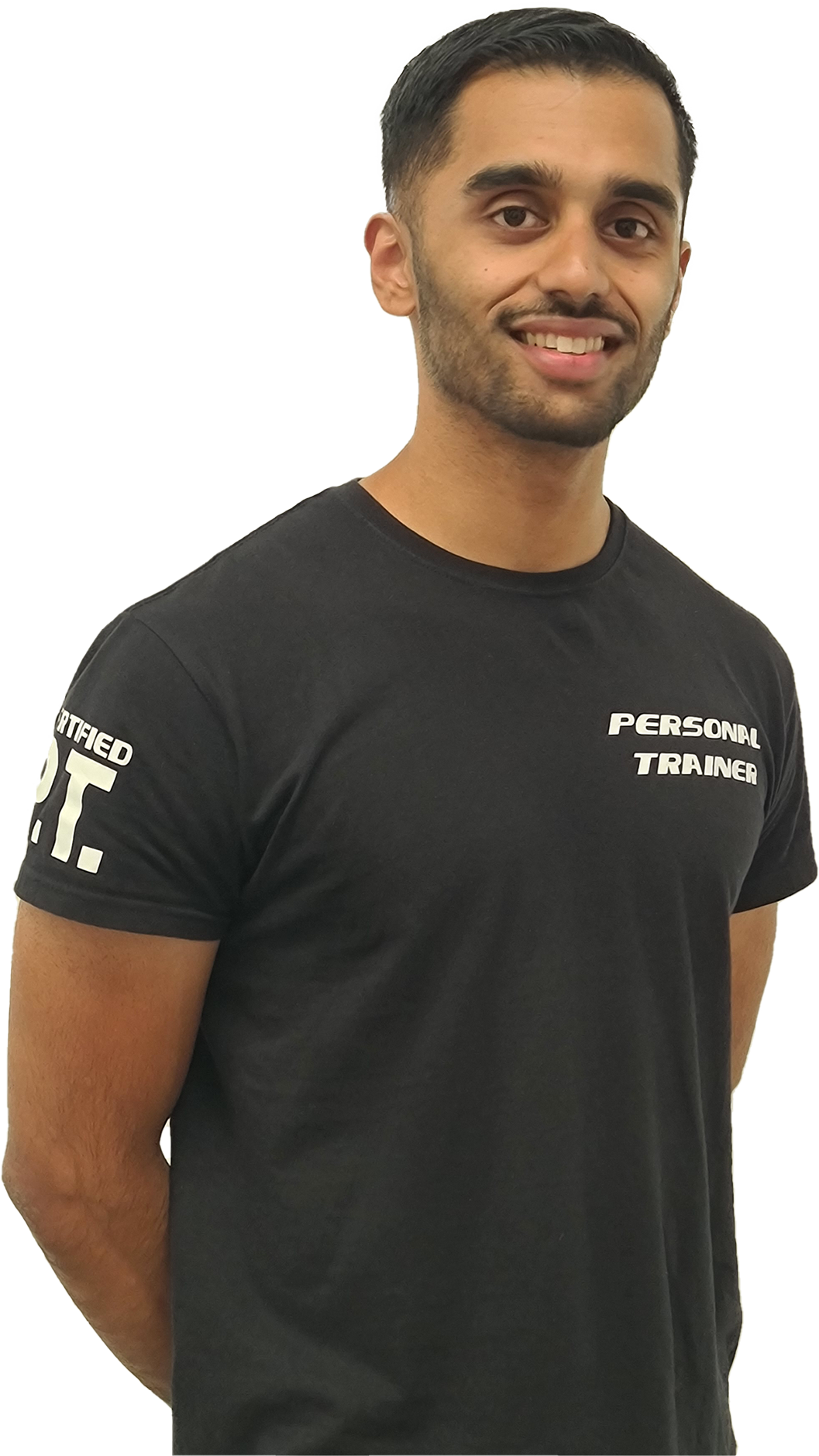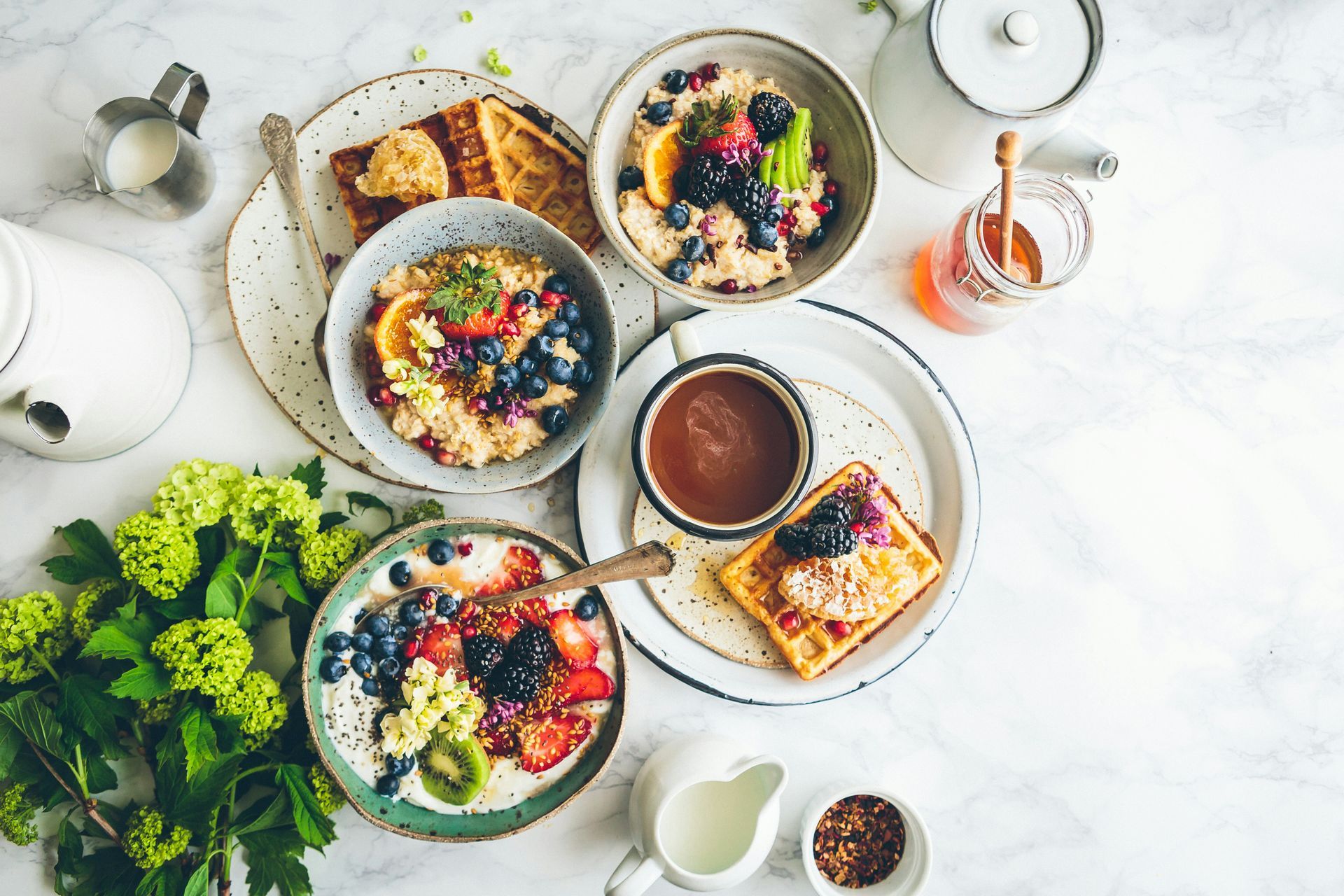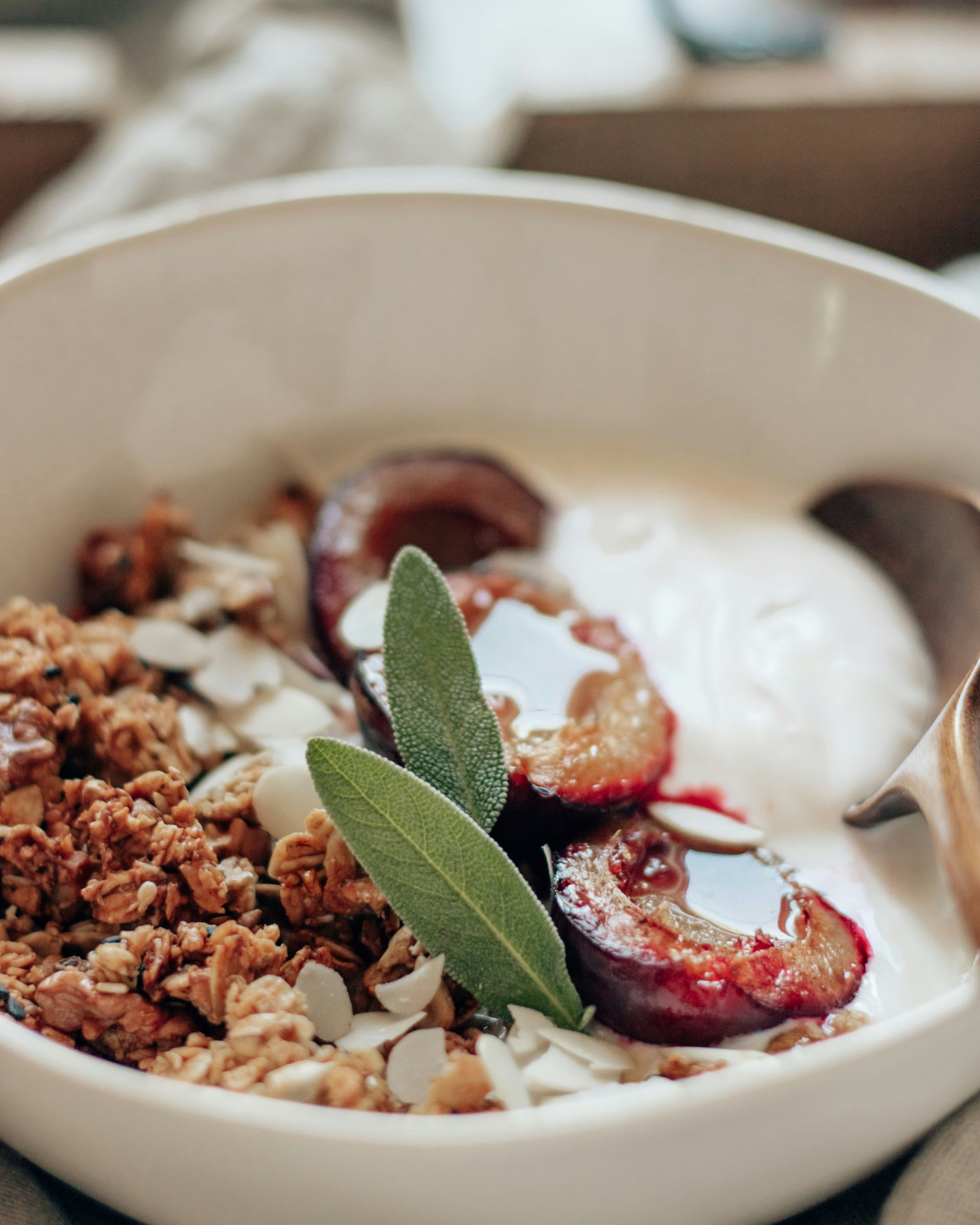
Sometimes people show me a picture of a celebrity's physique, most commonly Chris Hemsworth or Zac Efron, and ask "Jay, how do I look like this?", surprisingly people even look at me and say "Jay, I want to look like you"
The answer is to get the same parents, train consistently and eat a muscle-building diet for 10+ years, illegally duplicate and upload the genetic makeup to your body. You can't train to look like someone else unless your that person's identical twin, you can effect the way your body looks and feels through training and nutrition, but the end product is out of your control.
A cat will always be a harmless feline but no matter how much it growls, it'll never be a tiger.
Training and Body Types
The type of training you do will effect the way your muscles adapt in strength, motor unit recruitment, and hypertrophy, for example marathon runners will develop slender legs to withstand continuous and exhaustive running pattern, a strongman will develop bulky rock-like legs to withstand a extremely high loads to carry.
The amount of muscle you put on will have its limitations, despite the amount of training you do on an area. More doesn't equate to more, sometimes less is more. Training your arms three times per week at a high volume won't make you put on 5kgs of muscle mass solely on your arms.
Past the beginner stage, if you want to put on 5kgs of pure muscle mass in one year, you must train your whole body at proportion because you won't be able to put 3kgs on your chest, and the rest elsewhere, muscle will be distributed proportionally throughout your body.
You may see these funny looking people who have stick legs and well developed upper bodies, these people made all their upper body gains at a beginner-level when muscle and strength building was fast, you'll notice with these people is that they cannot naturally continue to put on upper body muscle without training the legs.
The way your body looks is a function of your structure, i.e. torso vs limb length, clavicle and hip width, muscle belly shape, joint size and a function of your training methods, diet and your genetic makeup.
Best Version of You
The intensity, discipline and hard-headedness you have in training will determine how much muscle you'll gain, and how lean you're capable of getting. The way you train will have a minor impact on the type of look you have by overemphasizing certain muscles, but if your training is logical and complete the muscles that will appear are those naturally better at developing.
Different types of training can fget you motivated, and if you can find a style of training that gets you so, and fits your physiological profile, it'll get you more amped up to train hard. As a result, you'll be more likely to stay consistent and love the results you get.
#personaltrainer #london #harrow #ruislip #strength #fitness #health #coach #near #me #trainer #personal #abs #strong
Location: London, Harrow

Start Today!
Ready to transform your fitness journey? Take the first step towards achieving your goals with personal training!
My take on Health and Fitness



